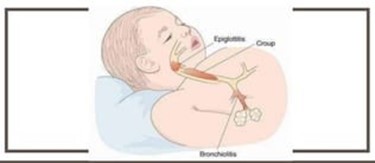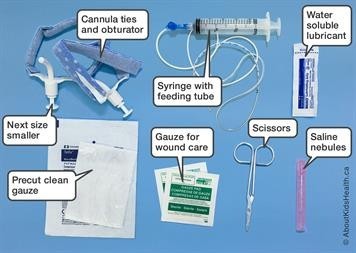A patient who is ordered a fluid restriction of 1000ml fluid restriction. He is on the list for a kidney transplant due to kidney failure. His mouth feels dry during the day. and he wants to know how he can moisten his mouth without going over his restriction:
Ask the family to bring in hard cardies that help promote salivation and prevent dry mouth.
Offer him caffeinated tea since tea has diuretic properties it won’t affect his fluid restriction.
Sip the water he is allowed to have slowly to make it last throughout the day.
Drink as much Gatorade as he feels he needs to quench his thirst.
The Correct Answer is C
c. Sip the water he is allowed to have slowly to make it last throughout the day.
Option a is not recommended as hard candies may contain sugar and artificial sweeteners, which can be harmful to the patient's health.
Option b is not recommended because caffeinated tea has diuretic properties that can increase urine output, leading to further dehydration.
Option d is not recommended as Gatorade is a sports drink that contains high amounts of sugar and electrolytes, which can lead to fluid overload and imbalances.
Sipping the water slowly can help the patient moisten his mouth without going over his fluid restriction. This approach can also help him pace his fluid intake throughout the day, which can be beneficial for maintaining proper hydration levels and managing fluid overload.
Nursing Test Bank
Naxlex Comprehensive Predictor Exams
Related Questions
Correct Answer is D
Explanation
Stridor is a high-pitched, inspiratory sound that indicates partial obstruction of the upper airway. It is a common finding in newborns and can occur due to the presence of mucus, fluid, or a small airway that has not yet fully developed. It is important to note that while stridor is an expected finding in newborns, it should still be assessed and monitored closely by healthcare professionals.
Bruits are abnormal sounds heard over blood vessels and are not related to breath sounds. Crackles are a series of brief, discontinuous, nonmusical sounds heard during inspiration or expiration, indicating fluid in the lungs. Wheezing is a high-pitched, musical sound heard during expiration and can indicate the narrowing of the airways. These sounds are not typically expected in the breath sounds of a newborn.

Correct Answer is ["A","B","C","D","E"]
Explanation
A tracheostomy is a surgical procedure that involves creating an opening in the neck to establish a direct airway to the trachea. It is usually done in patients who require long-term mechanical ventilation or have upper airway obstruction. In case the tracheostomy becomes dislodged, the following equipment should be available to ensure the patient's safety:
Tracheostomy kit setup: This includes a new tracheostomy tube, obturator, and other equipment necessary to replace the dislodged tracheostomy tube.
Suction equipment: Dislodgement of the tracheostomy tube can cause airway obstruction due to the presence of secretions. Suction equipment can be used to remove the secretions and prevent airway obstruction.
Smaller Tracheostomy Tube and Same size Tracheostomy Tube: If the dislodged tracheostomy tube cannot be reinserted or is damaged, having smaller and same size tracheostomy tubes available can be helpful in establishing a new airway.
Ambu bag: This is a manual resuscitation device used to provide positive pressure ventilation to the patient. It can be used in case the patient's breathing is compromised due to airway obstruction.
Oxygen: The patient may require supplemental oxygen if their breathing is compromised due to airway obstruction.
Larger Tracheostomy Tube: A larger tracheostomy tube may not be needed immediately and may be contraindicated in some cases as it can cause trauma to the tracheal wall.

Whether you are a student looking to ace your exams or a practicing nurse seeking to enhance your expertise , our nursing education contents will empower you with the confidence and competence to make a difference in the lives of patients and become a respected leader in the healthcare field.
Visit Naxlex, invest in your future and unlock endless possibilities with our unparalleled nursing education contents today
Report Wrong Answer on the Current Question
Do you disagree with the answer? If yes, what is your expected answer? Explain.
Kindly be descriptive with the issue you are facing.
